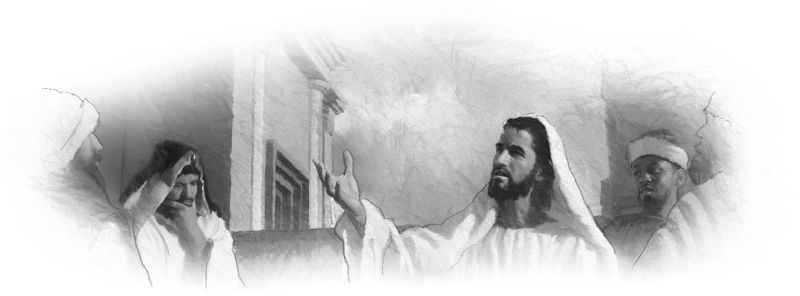For four years, Donaldo Velasquez visited a Colombian prison every Friday to preach about Jesus. But one Friday, he couldn’t go. He worked as a carpenter, and a client urgently needed his help. Moreover, Donaldo needed the money.
Only four Seventh-day Adventists—Donaldo, two other church members, and their pastor—had permission to visit the prison in Acacias, and Donaldo called them for help. “No, I’m too busy,” Ranses said. Pedro also said he couldn’t go. The pastor apologized, saying he was out of town.
Donaldo wept and prayed. When his wife, Jesusita, asked what was wrong, he explained that he didn’t want to skip the meeting with the inmates but he needed to work. “Go, do your job,” Jesusita said. “God will provide.”
The next time Donaldo visited the prison, 38 inmates came to hear him preach. He was accompanied by another church member, Pedro.
“Where is the man who came last time?” an inmate asked.
“We didn’t send anyone,” Donaldo replied.
“Yes, you did,” said another inmate. “A man preached to us.”
“No, we didn’t send anyone,” Donaldo said, and he suggested that perhaps the preacher had belonged to another denomination.
“No, no,” the inmates said. “We know everyone who has permission to visit. This man has never visited before, and he wasn’t from another church.”
Donaldo asked about the man’s sermon, hoping for a clue to his identity. The inmates said he had spoken about the seventh-day Sabbath.
Amazed, Donaldo asked, “What did he look like?”
The inmates described him as a tall, well-dressed man wearing a white shirt. They said he knew the Bible so well that he probably was a teacher.
Pedro touched Donaldo’s arm. “An angel must have come and preached to them,” he said. “That’s the only explanation.”
Donaldo, however, wasn’t convinced. He went to the prison guard who registered visitors. The guard, a friend of Donaldo’s, looked through the computer log and shook his head. “No one came that day,” he said.
Astonished, Donaldo exclaimed, “Now I have no doubt that the angel of the Lord came to teach the Bible in my place!”
Returning to the inmates, he informed them that they must have seen an angel.
Six years have passed, and nearly all 38 inmates have given their hearts to Jesus in baptism. Donaldo said he won’t ever forget that day.
“Even though it is an incredible story, I believe God sent His heavenly messenger,” he said.
Thank you for your Thirteenth Sabbath Offering that helped two mission projects in Colombia last quarter.


